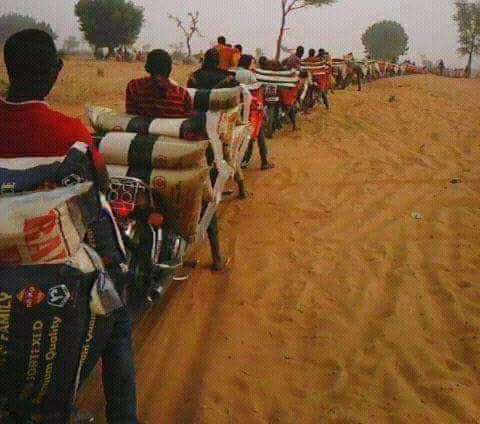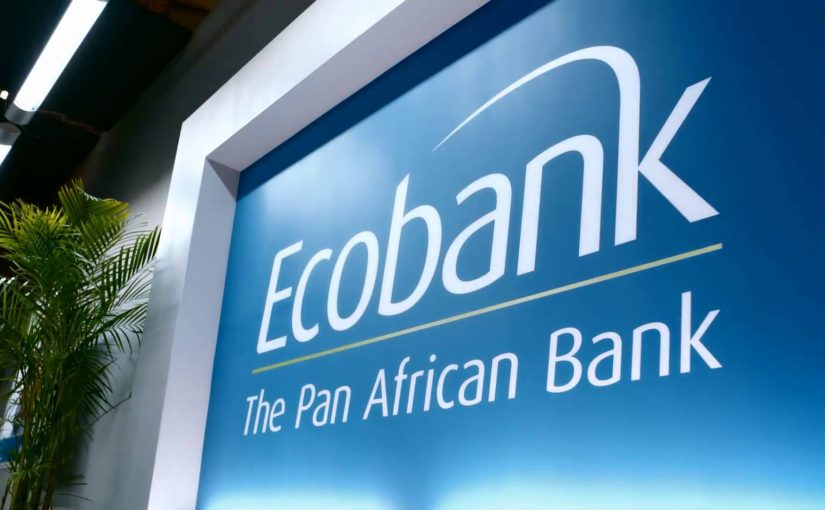…As foreign rice jumps to N22k in Lagos, Abuja N25k
…Rice smuggling from northern borders in drones without checks
Fresh revelations from the recent comments of the Governor of Central Bank of Nigeria (CBN), Mr Godwin Emefiele on the capacity of local rice farmers have shown amongst other things that their output cannot sustain the nation.
Though he revealed that the bank spent N146 billion to support 849,480 wet and dry seasons rice farmers across the country, he opened up at a meeting with some state Governors in Abuja on last Thursday that Just as “some farmers and millers in some parts of the country had complained of lack of patronage before the closure, as soon as the borders were closed, they exhausted all they had in warehouses and did not have any in stock to supply their customers”.
Already random checks on price of rice across Lagos and Abuja markets on Sunday revealed that whereas local rice brands are hard to see, available foreign brands are sold at N22,000 and N25,000 in Lagos and Abuja respectively.
Besides, an unverifiable viral video in social media that emerged recently is showing where smugglers were ferrying bags of foreign rice with Okada in a northern Nigeria border without any form of Customs checks or security presence along a sandy route linking Niger Republic.
Giving further details to the governors at the meeting, Emefiele said that the bank was working with other stakeholders to wage war against smuggling of rice into the country.
He explained that CBN had financed the construction of rice mills to support food self-sufficiency and security.
He said that Dangote Farms was also constructing five mills; two in Jigawa and one each in Kebbi, Zamfara and Sokoto states.
The CBN governor said that other rice mills funded by the bank included the WACOT and Labana Rice Mills in Kebbi State and Umza Rice Mill in Kano.
According to him, the CBN’s focus will remain on sectors that can create jobs on a mass scale.
He also said that the Bank would also pay closer attention at financing sectors that could help Nigeria to “reduce its burgeoning import bill and conserve much needed foreign exchange”.
“The bank will maintain a keen interest in supporting the creation of an enabling environment to trigger private sector investment.
“Our emphasis will focus on value chain financing in 10 priority commodities. These products have been responsible for a significant share of our country’s food import bill in the last couple of years,” he said.
Emefiele, who commended the Federal Government on border closure to address the issue of smuggling in the country, said that such steps had yielded positive result but maintained silence on the current scarcity of both local and foreign rice across the country now.
Business Hilights recalls that the Federal Government had through the Nigerian Customs Service (NCS) announced closure of land borders since August 21, 2019, linking it to a joint drill with the Immigration Service.
But latest remarks from the presidency on border closure have made it clear that the closure was a policy decision and not really tied to the drill earlier claimed by Customs and Immigration agencies.
However in his response, the Chairman of Governors Forum, Dr Kayode Fayemi of Ekiti State, thanked Emefiele for the stride recorded in agricultural sector, pointing out that it is now clear that the country is making headway in ensuring food security.
Governors at the meeting include those of Adamawa, Anambra, Bauchi, Benue, Borno, Edo, Gombe, Imo, Jigawa, Kebbi, Lagos, Ogun, Sokoto, Katsina and Zamfara States.









